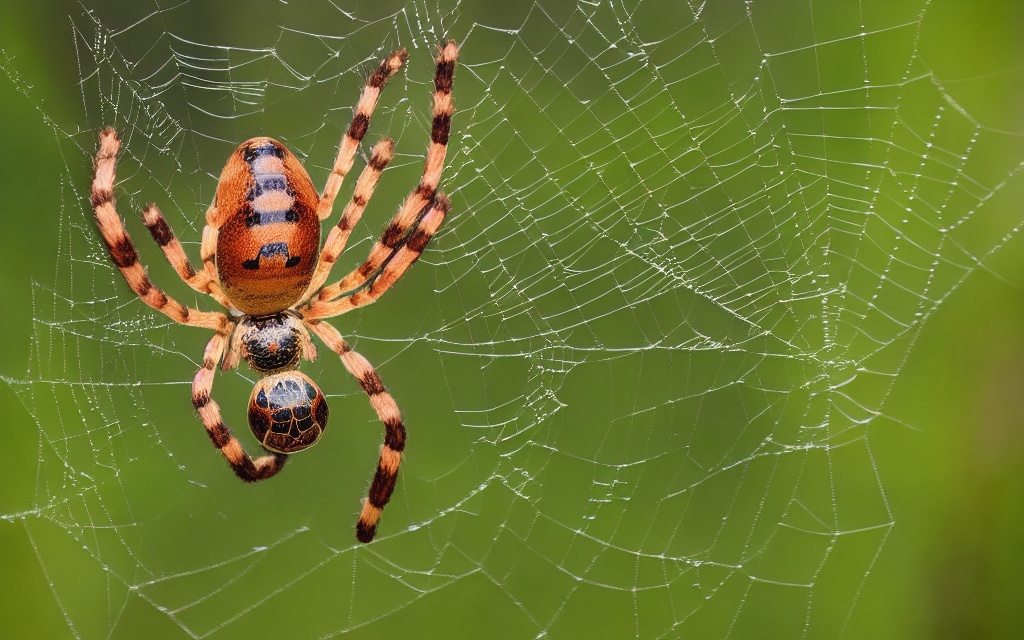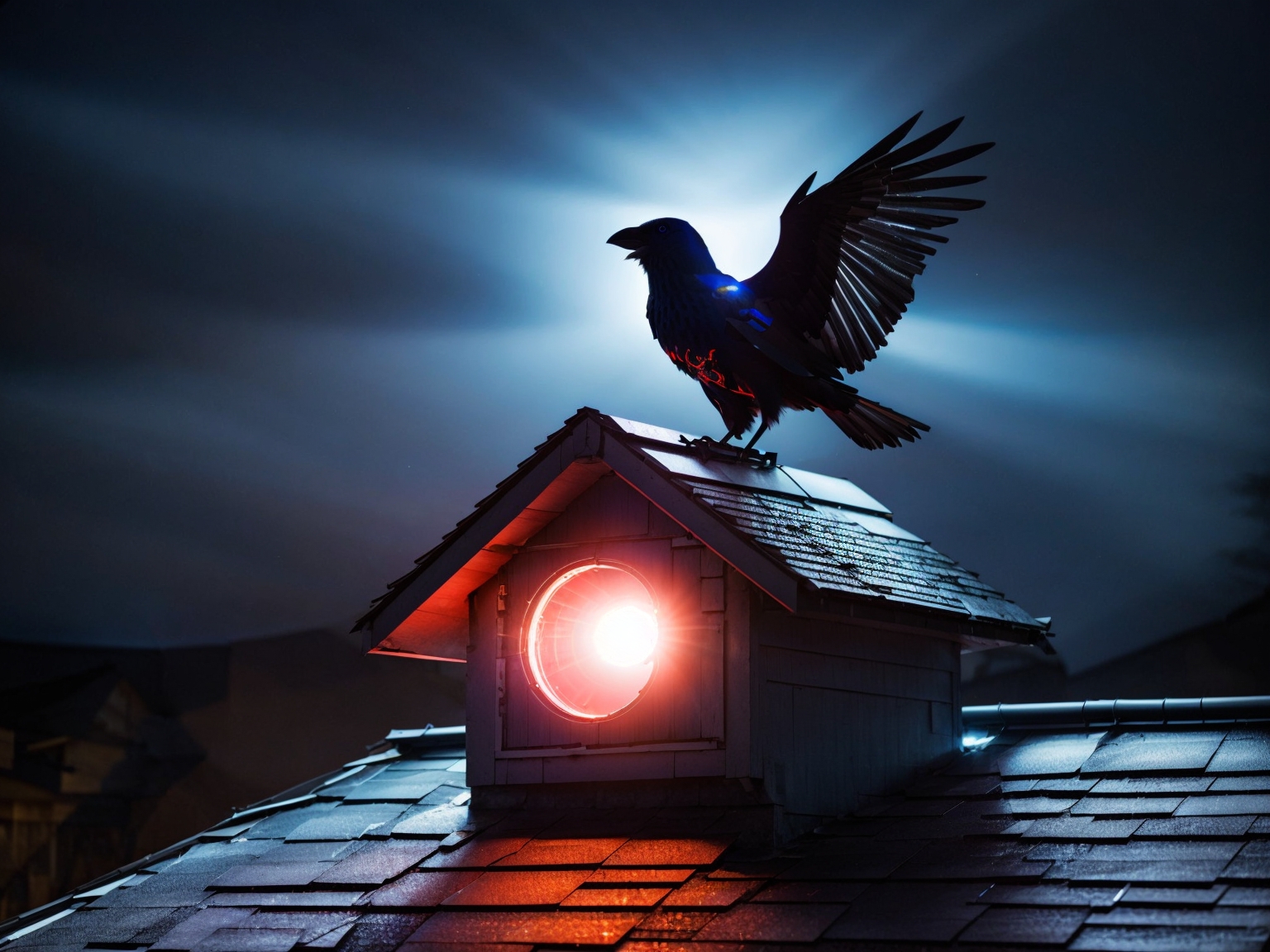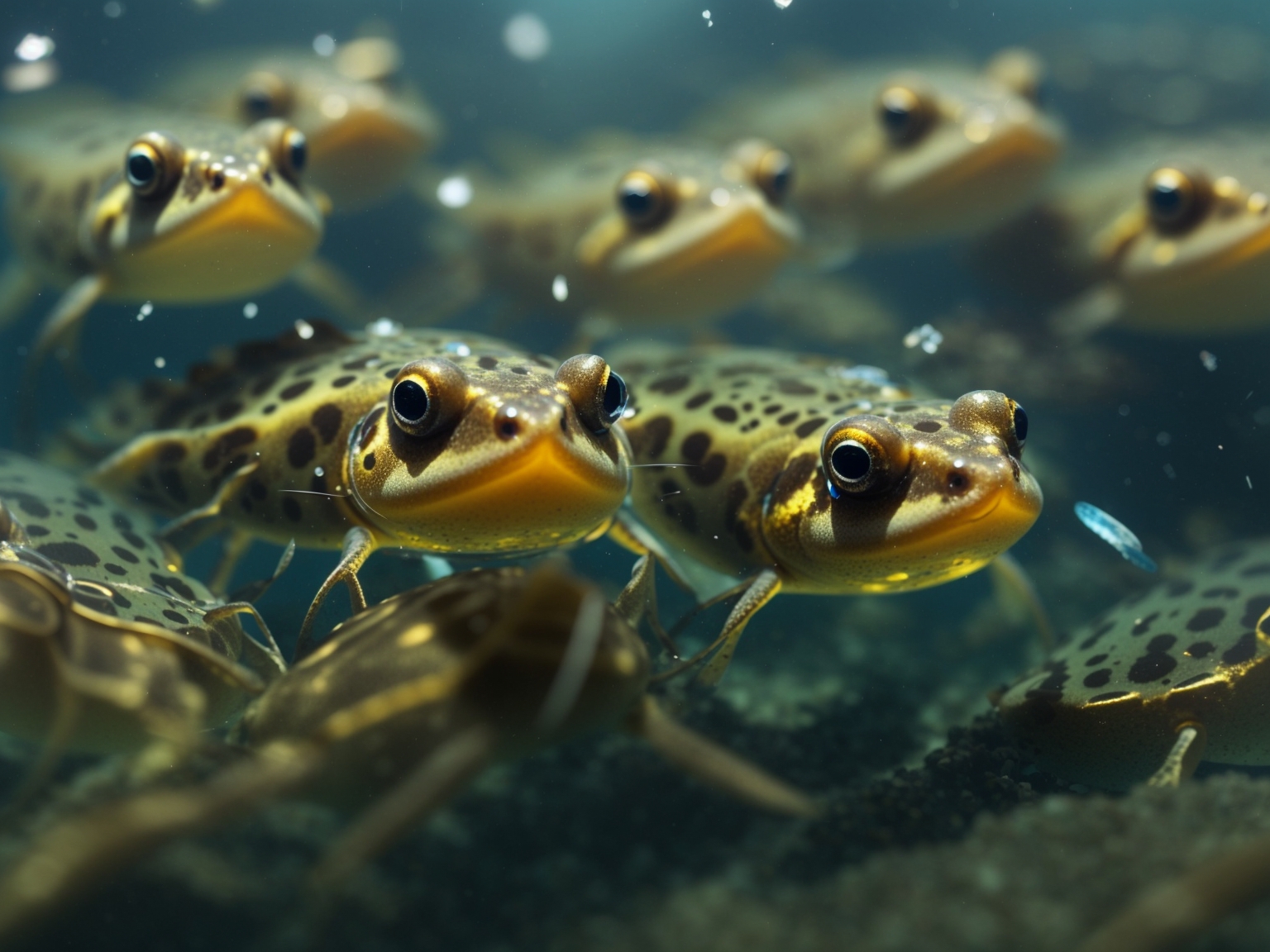The Balanced Diet for Squirrels: What to Feed Squirrels in the Backyard
If you’re like me, you’ve probably spent countless hours watching squirrels frolic in your backyard. Their antics are entertaining, and it’s hard not to want to offer them a snack. But what’s safe and healthy to feed these furry friends?
In this article, we’ll dive into the do’s and don’ts of feeding squirrels. We’ll explore what foods are beneficial for their diet, and which ones could potentially harm them. With this knowledge, you’ll be able to safely interact with the squirrels in your backyard, ensuring they stay happy and healthy.
So, if you’re ready to become the neighborhood squirrel whisperer, keep reading. We’re about to turn your backyard into a squirrel-friendly paradise.
The Importance of a Squirrel-Appropriate Diet
Feeding squirrels in your backyard can be a joyful activity. But, it’s vital to remember that what we serve these furry buddies greatly impacts their health and longevity. Let’s dig in deeper to understand the importance of a squirrel-appropriate diet.
Squirrels are omnivores. They enjoy a mix of fruits, vegetables, nuts, seeds, and even the occasional insect or small bird. A balanced diet helps them maintain strong teeth, healthy fur, and a robust immune system.
Let me share a little-known fact. During different seasons, squirrels need varying nutritional profiles. For instance, in spring, when young ones are growing, more calcium-rich foods are crucial. In winter, they need more fats and proteins for staying warm.
Here’s a quick rule of thumb. Never feed squirrels processed foods. These critters in your backyard don’t have the digestive systems to handle processed sugars, salts, and chemicals found in pre-packaged human food.
Regular ingestion of such fare can cause problems like obesity, diabetes, malnourishment, and dental issues for the squirrels. [Notice the impact?] So, the next time you feel tempted to feed them chips or cookies, think twice. Remember, what’s tasty for humans can potentially be lethal for squirrels.
Let’s move on to what’s safe and beneficial for these friendly backyard visitors. Whole, raw, and unprocessed foods are your safest bet. A variety of nuts and seeds provide proteins and essential fatty acids. Fruits and veggies serve up vital vitamins and nutrients.
Here’s a brief list of squirrel-safe foods:
- Raw nuts: Almonds, walnuts, pecans, pine nuts.
- Seeds: Pumpkin seeds, sunflower seeds.
- Fruits: Apples, pears, bananas, grapes.
- Veggies: Carrots, bell peppers, sweet potatoes.
What’s important is that these foods are served in small, manageable, bite-sized pieces.
What we’ve just explored is a snapshot of feeding squirrels responsibly. We will look closer at harmful foods in the next section.
Foods to Include in a Squirrel’s Diet
I’m often asked, “What are the best foods to feed squirrels?” Nature provides the best answers. Think fresh fruits, vegetables, nuts, seeds, and the occasional serving of insects or small birds. Squirrels are nutritionally flexible and can adapt to a wide variety of foods.
Leafy greens like spinach, lettuce, and kale are fantastic choices. They offer a myriad of nutritional benefits due to their high levels of vitamins and minerals. Fruits like apples, bananas, grapes, and peaches also provide essential nutrients needed in a squirrel’s diet. Remember to chop them into smaller, manageable pieces to make it easier for squirrels to consume.
Nuts in the shell – Literally squirrel’s favourite treat. Almonds, walnuts, and pecans make great options as they are packed with unsaturated fats and protein, vital for their energetic lifestyles. But be mindful not to go overboard with the nuts, they’re easy for squirrels to get hooked on, and you don’t want to disrupt their nutritional balance.
Seeds like sunflower, pumpkin, and squash seeds also have a place in the menu. They’re a rich source of fats and proteins. Just keep the portions small, as the high fat content can lead to weight gain if squirrels consume too many.
During the colder months, insects and small birds can supplement the squirrel’s diet. They provide an extra protein punch that’s needed during hibernation periods. Squirrels aren’t full-time carnivores, but they do partake during times of scarcity or during chilly winters.
Lastly, don’t forget a reliable source of clean, fresh water. Squirrels, like all living creatures, need hydration to aid digestion and overall health. Avoid sugary drinks as they can cause dental problems and obesity.
Now that we’ve outlined the ‘inclusion list’, let’s look at what not to feed the furry creatures in your backyard. After all, it’s just as important to know which foods are harmful for squirrels.
Nuts: A Squirrel’s Favorite Snack
If there’s one thing that squirrels can’t resist, it’s nuts. You’ll often see them scurrying around, nuts in jaw, stashing their snacks for later. Considered a quintessential part of their diet, nuts are not just a source of delight but also a vital nutritional component in a squirrel’s health.
Nuts provide squirrels with heaps of beneficial fats, proteins, and minerals. With their high caloric content, they supply the energy that these energetic creatures need throughout the day. While squirrels would gladly snack on any nut presented to them, some types stand out as the most enticing.
- Almonds contain copious amounts of vitamin E, which helps bolster the squirrel’s immune system.
- Hazelnuts are a rich source of vitamins and minerals and can be stored for leaner seasons.
- Walnuts hold high omega-3 fatty acid content, which plays a crucial role in brain health.
When feeding nuts to squirrels, you want to give them nuts in their natural form, unroasted and unsalted. While squirrels love a tasty treat, salted and roasted nuts can cause digestive issues and other health problems. It’s also vital that the nuts are in their shell – not only do squirrels love the challenge of breaking them open, but the act also helps to keep their teeth sharp and healthy.
Furthermore, it should be noted that while nuts are a crucial part of their diet, they shouldn’t make up the entirety of it. Squirrels also need a balanced diet of fruits, vegetables, and seeds as mentioned previously. With this in mind, it’s easy to see why nuts are a squirrel’s favorite snack but should not be the only item on the menu.
With the above knowledge, you’re in a better position to determine the type of nuts you should be laying out for your backyard squirrels. So keep your squirrels healthy and well-fed by mixing up their diet while maintaining a steady supply of their all-time favorite – nuts. Nuts are not only vital for their health but also enhance their survival, particularly during harsh weather conditions.
Fruits and Vegetables: A Healthy Addition
Let’s delve into the significance of fruits and vegetables in a squirrel’s diet. While the inclusion of nuts is essential, comprehensive nutrition can’t be obtained from nuts alone. Fruits and vegetables play an equally important role in augmenting a squirrel’s health and wellness.
They are rich in vital nutrients like vitamins, minerals, and fiber that are indispensable for the metabolic and physiological functions of these adorable critters. From maintaining a healthy weight to improving digestion and boosting energy, fruits and vegetables cater to a broad range of health requirements.
But remember, not every fruit or vegetable is safe for squirrels. Let’s explore the ones you can and should feed your backyard friends.
Apple pieces, bananas, grapes, and oranges are some of the fruits favored by squirrels. These vibrant fruits packed with natural sugars provide a delightful treat and a nutritious snack. They’re a great source of antioxidants, too!
As for vegetables, you can offer carrots, broccoli, spinach, and zucchini. They’re packed with fiber and crucial micronutrients, facilitating better digestion and healthy growth.
Watch out though! Avoid giving squirrels raw green beans, raw potatoes, or any veggies belonging to the nightshade family. These contain harmful compounds that may impact the health of your bushy-tailed buddies adversely.
It’s also imperative to serve these in small, manageable pieces and to shuffle the offerings now and then to make sure they get a variety of nutrients. Squirrels are known for their intelligent and adventurous nature, so rotating their diet can keep them intrigued and well-nourished!
Incorporating fruits and vegetables along with nuts and seeds in a squirrel’s diet is like creating a rainbow of nutritional components. Such an assortment of food items not only keeps their diet balanced but also stimulates different taste experiences for our backyard inhabitants.
While we know that nuts are undeniably their favorite, perhaps it’s time to add a little color and variety to their meals. After all, who doesn’t love a good and healthy mix of sweet and savory? And remember, it’s all in the balance, just like it is for us humans.
The Dangers of Feeding Squirrels Human Food
Moving from the delights of fresh veggies and nutty treats, we now venture into the dangers of feeding squirrels human food. It’s important to realize, especially as a squirrel-loving homeowner, that squirrels have dietary requirements dissimilar to ours. Feeding them the wrong items can lead to serious health issues and have negative effects on their livelihood.
One major culprit is processed foods. While it’s easy to toss a half-eaten sandwich or a piece of biscuit to a squirrel, these can cause harm. Processed foods are typically high in salt and sugar, two ingredients that squirrels don’t need in their diet. Overconsumption can potentially lead to obesity, tooth decay, and other health problems. Salt, in particular, is seriously harmful as squirrels do not have a well-developed system to eliminate excess salt.
Next on the list are dairy products. Squirrels are lactose intolerant, so milk-based products like cheese can cause digestive issues. And even though that piece of chocolate cake seems tempting, it’s important to remember that chocolate is toxic to many animals, squirrels included.
Aside from food items, human garbage poses a serious threat to these creatures. Waste items, such as plastic or metal, can cause serious injury or even death if a squirrel ingests them.
By and large, it’s critical to avoid the tendency of feeding squirrels human food or scraps from your trash. These seemingly harmless acts, done out of kindness, can, unfortunately, turn out to be harmful. Armed with this knowledge, let’s look at other factors that affect the diet of backyard squirrels.
Creating a Squirrel Feeding Station
Setting up a dedicated feeding station in your backyard can be an effective way to ensure the squirrels you befriend are getting a balanced diet. This station can also serve to keep the squirrels in one spot, rather than roaming around your yard nibbling on whatever they find. Here’s how to go about it:
Firstly, decide on a location. Ideally, it should be in a quiet area away from heavy foot traffic. Squirrels are skittish creatures and may be deterred if the feeding station is situated in a high-traffic zone.
Secondly, it’s all about the infrastructure. Squirrel feeders come in various shapes and sizes. But remember, safety is crucial. The feeder should be sturdy enough for the squirrels to climb on without it tipping over. Furthermore, it should have protected food compartments to keep the food dry and fresh, as well as safe from other animals.
We’re on to the all-important food selection. Apart from the squirrel-friendly fruits, vegetables, and nuts that I’ve mentioned, don’t forget about squirrel feed mix. These feed mixes can be bought from pet food stores and are packed with the necessary nutrients to keep your furry friends healthy.
Additionally, be sure to supplement their diet with clean water. Many people overlook this vital point, but water is a crucial part of a squirrel’s diet. Especially during summer months when dehydration is a potential risk. A shallow dish of fresh water should suffice and will help draw squirrels to your feeding station.
Voila! I’ve mentioned the essentials of creating a squirrel feeding station. Providing a balanced diet in a safe environment is key to helping backyard squirrels thrive.
That’s It, Folks!
Feeding squirrels in your backyard can be a rewarding experience. It’s about more than just providing them with nuts. A balanced diet, including fruits and vegetables, is crucial to their health. Remember, it’s not just about what they like, but what’s good for them too.
Avoid giving them human food or anything from the garbage. These can do more harm than good. It’s also worth considering setting up a squirrel feeding station. This can provide them with a safe and comfortable place to eat.
By following these guidelines, you’ll not only be helping the squirrels in your backyard thrive, but you’ll also be contributing to the overall well-being of your local ecosystem. It’s a small step that can make a big difference. And who knows, you might just make some furry friends along the way!
- How Do I Start Fish Farming in My Backyard? A Step-by-Step Beginner’s Guide - November 1, 2025
- Where Can I Find Clients for Backyard Catering? Top Strategies to Grow Your Business - October 31, 2025
- When Is the Best Light for Backyard Photo Sessions? Tips for Perfect Natural Lighting - October 31, 2025




